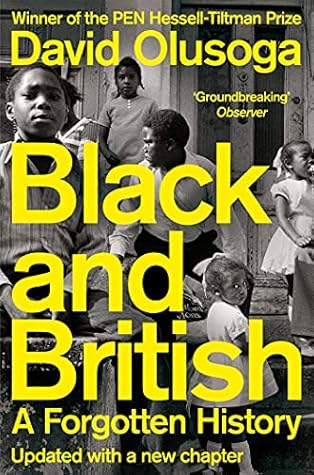The Sons of Africa whose words – both spoken and written – were broadcast across their society were able to present themselves to the British public as living proof of black humanity, in an age when that self-evident fact was still called into question by some. Alongside Olaudah Equiano, Ottobah Cugoano and their colleagues other black Britons took part in the struggles against the trade and slavery. Phillis Wheatley, James Gronniosaw, Ignatius Sancho and later Mary Prince through their letters, poems, memoirs, speeches, journalism and very living presence in Britain acted as a counter to the
The Sons of Africa whose words – both spoken and written – were broadcast across their society were able to present themselves to the British public as living proof of black humanity, in an age when that self-evident fact was still called into question by some. Alongside Olaudah Equiano, Ottobah Cugoano and their colleagues other black Britons took part in the struggles against the trade and slavery. Phillis Wheatley, James Gronniosaw, Ignatius Sancho and later Mary Prince through their letters, poems, memoirs, speeches, journalism and very living presence in Britain acted as a counter to the propaganda of the growing pro-slavery lobby that emerged. The talents and life stories of black people who had personal experiences of slavery enabled the abolitionist movement to fine-tune its message, but it was also able to administer its various campaigns and expand its reach across society because it was willing to free the enormous amount of wasted intellect and energy that in the eighteenth and nineteenth centuries was bottled up within the women of Britain. Denied the vote or any meaningful role in politics – which was regarded as being an entirely male preserve – women were, to some extent and in some quarters, permitted to become active participants in individual causes. Significantly, it had long been deemed socially acceptable for women to raise petitions, which were then delivered to Parliament – an assembly which, of course, was then entirely male. Propriety set limits o...
...more
This highlight has been truncated due to consecutive passage length restrictions.


